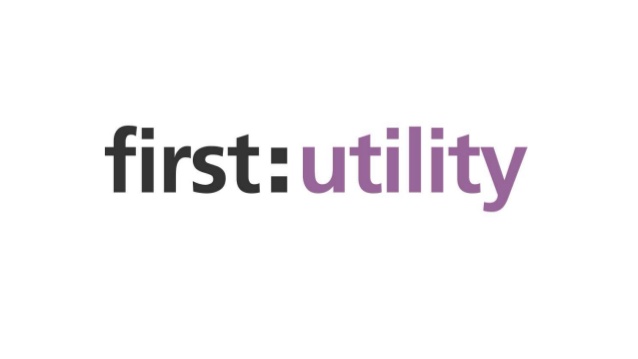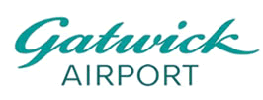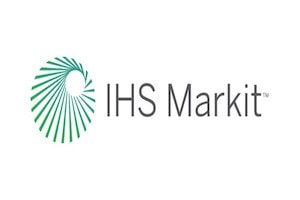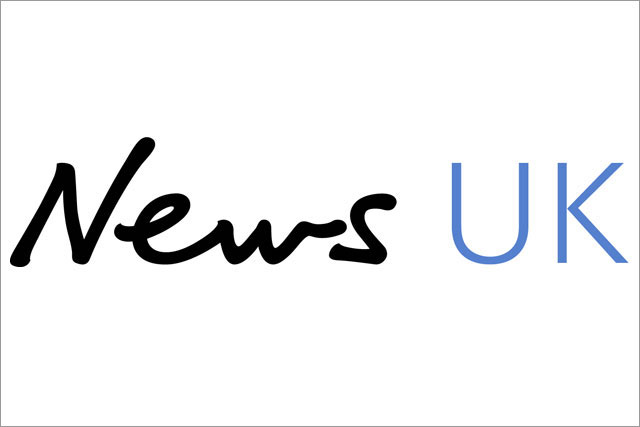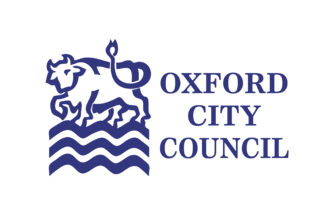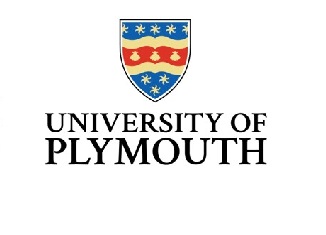A European Commission-funded consortium has raised almost $4 million to fund a project testing the quality of open-source software.
The consortium is made up of research organizations, consultants and those undertaking open-source projects. Known as the Software Quality Observatory for Open Source Software (SQO-OSS), it is half funded by its participants and half by the European Commission.
Among its goals, the SQO-OSS will provide benchmarks on the quality of source code to help prove its suitability for deployment in businesses. It will also publish a table rating open-source applications according to their perceived quality.
"An industry matures when its products become standardized," said Diomidis Spinellis, project leader and a professor at the University of Athens in Greece.
"Through the objective evaluation of open-source projects, SQO-OSS will provide many smaller and less-known projects with the visibility and respectability they deserve," Spinellis added.
SQO-OSS precedent
SQO-OSS is the second open-source project to secure significant funding from the European Commission this month, following the extension in capabilities of the Open Source Observatory.
Analysts noted that similar projects already exist, but indicated that the SQO-OSS could still be valuable.
"It's always nice to have something that certifies open-source software. However, this has been done before through initiatives like Coverity and it would be nice not to reinvent the wheel," said Laurent Lachal, open-source research director at Ovum.
Coverity is an American company that is being funded by the U.S. government to help make open-source code as secure as possible.
Lachal contends that SQO-OSS needs to form links with the likes of Coverity. Otherwise, he said, it is "just spending public money for the sake of public money."
He added that companies are typically more concerned about the quality of open-source support rather than the code itself.
"It would be nice if, apart from evaluating code, they also evaluated support," Lachal suggested.
The consortium consists of U.K.-based IT services group Sirius IT; KDE and ProSyst from Germany; Sweden's KDAB; and the Greek universities of Athens and Thessaloniki.
Its output will be released under the BSD license.
© 2006 CNet. Original article by Richard Thurston














